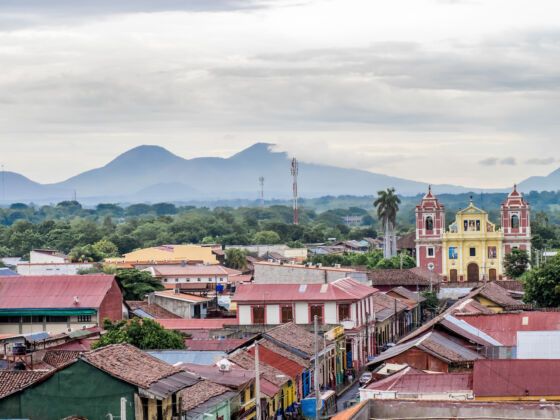Earlier this week, I attended a literary reading by Sergio Ramirez, former Vice-President of Nicaragua.
Ramirez, who read from his recently published novel, Mil y Una Muertes (A Thousand Deaths Plus One), spoke afterward about the importance of Nicaraguan intellectuals and writers telling their country’s history from their own perspectives–rather than only allowing that history to be told from the outside.
